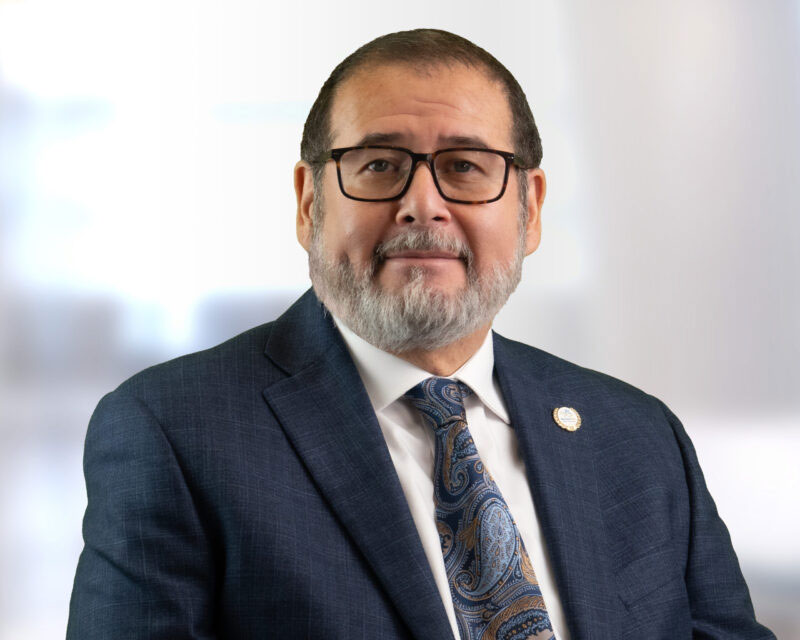There are no longer two types of countries in the world. The old division into industrialized and developing countries has been replaced by 192 countries on a continuum of socio-economic development. Many Asian countries are now improving twice as fast as Europe ever did. A new gap may form between 5 billion people moving towards healthy lives with education, cell phones, electricity, washing machines and health service and more than 1 billion people stuck in the vicious circle of absolute poverty and disease.
Hans Rosling is Professor of International Health at Karolinska Institutet and Director of the Gapminder Foundation, which developed the Trendalyzer software system. He is well known for his research on other links between economic development, agriculture, poverty and health in Africa, Asia and Latin America. Prof. Rosling will use his innovative approach to statistics to look at changing ways of understanding socioeconomic and human progress. Moreover, he will explain why he is optimistic about prospects for improving the lives of all people, particularly those in developing countries.
For more information about his work and presentations, visit http://www.ted.com/index.php/talks/hans_rosling_shows_the_best_stats_you…



